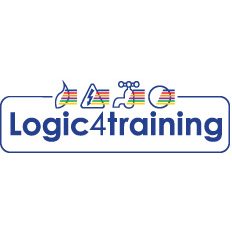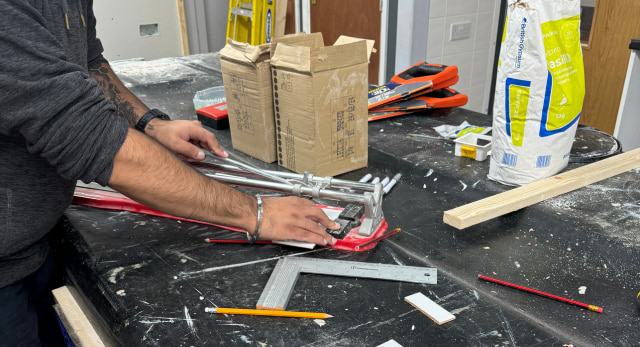If you or your customers are looking to ‘go green’ by installing renewables or taking energy efficiency measures, there are a range of grants and funding streams available.
The following list is not exhaustive, however covers the main initiatives.
Remember: If you’re a building services engineer wishing to take advantage of this marketplace you and the equipment you use must be Micro-generation Scheme (MCS) accredited.
Logic4training’s renewable training courses are approved by the MCS.
The Renewable Heat Incentive (RHI) and Feed in Tariffs (FiTs) are Government initiatives designed to encourage the take-up of renewables by offering cash-back for energy produced.
FiTs was launched last year and applies to electricity generating equipment, such as solar photovoltaics, and the RHI, which covers heating and hot water, including heat pumps and biomass, is available now for non-domestic properties and will be for homes later in the year.
From July, some domestic customers will be able to access funding towards renewable heat technology under the RHI Premium Payment, in exchange for information about how this equipment runs and the savings it makes on fuel bills – this will help inform the RHI’s domestic tariff levels scheduled to be revealed in October.
These schemes are a very attractive proposition, covering the initial outlay of the equipment in about eight to ten years and offering a return on investment from 6% to 12%.
The Green Deal is set to be launched next year offering loans for energy efficiency measures, such as insulation and renewable technologies, paid back through utility bills.
It can be used in conjunction with the RHI and FiTs, helping towards the initial outlay of what can be very expensive equipment. The golden rule of the Green Deal is that the savings made must exceed the cost of the equipment.
Regional and national grants
Most local authorities have funding pots available for homeowners and businesses looking to take energy efficiency measures.
Some are available only in a specific region, others are accessible nationwide. You can find details of these at your council or library. Here are just some examples:.
Community Energy Scotland provides grant funding and advice on small-scale renewable energy to community groups throughout the Highlands and Islands.
In addition, it holds a grant and investment fund to help develop larger-scale projects to generate and sell energy, bringing revenue to the community.
East Sussex Energy Partnership provides funding for grants towards solar thermal and insulation for homeowners in East Sussex – for the most disadvantaged customers the equipment can be installed for free.
The Energy Saving Trusts ‘Energy Advice Centres’ available all over the country, give guidance specific to an area, including available grants, technical support, plus a list of reputable installers.
Help for businesses
Enhanced Capital Allowance Scheme enables businesses to claim 100% first-year capital allowances on spending on carbon cutting measures, such as energy-saving plant and machinery, low carbon dioxide emission vehicles and water conservation plant and machinery, including a specific stream for Solar Heating Systems, Combined Heat and Power CHP, Biomass boilers and Heat Pumps.
Carbon Trust loans are interest-free, energy-efficiency loans of up to £100,000 (£200,000 in Northern Ireland), available for SMEs looking to upgrade or replace equipment with more energy-efficient versions. Projects could include lighting, boilers or insulation.
The BIG Lottery Fund is money from the National Lottery, with up to £500,000 handed out to seven projects each year under the Bio-Energy Capital Grants Scheme (BCGS), part of the former New Opportunity Fund’s (NOF) Renewable Energy programme.
Shell Springboard annually awards grants of up to £40,000 for UK businesses who submit the most compelling plans for a product or service which helps combat climate change.
A further reminder: If you’re a building services engineer wishing to take advantage of this marketplace you and the equipment you use must be Micro-generation Scheme (MCS)accredited.
Logic4training’s renewable training courses are approved by the MCS.









